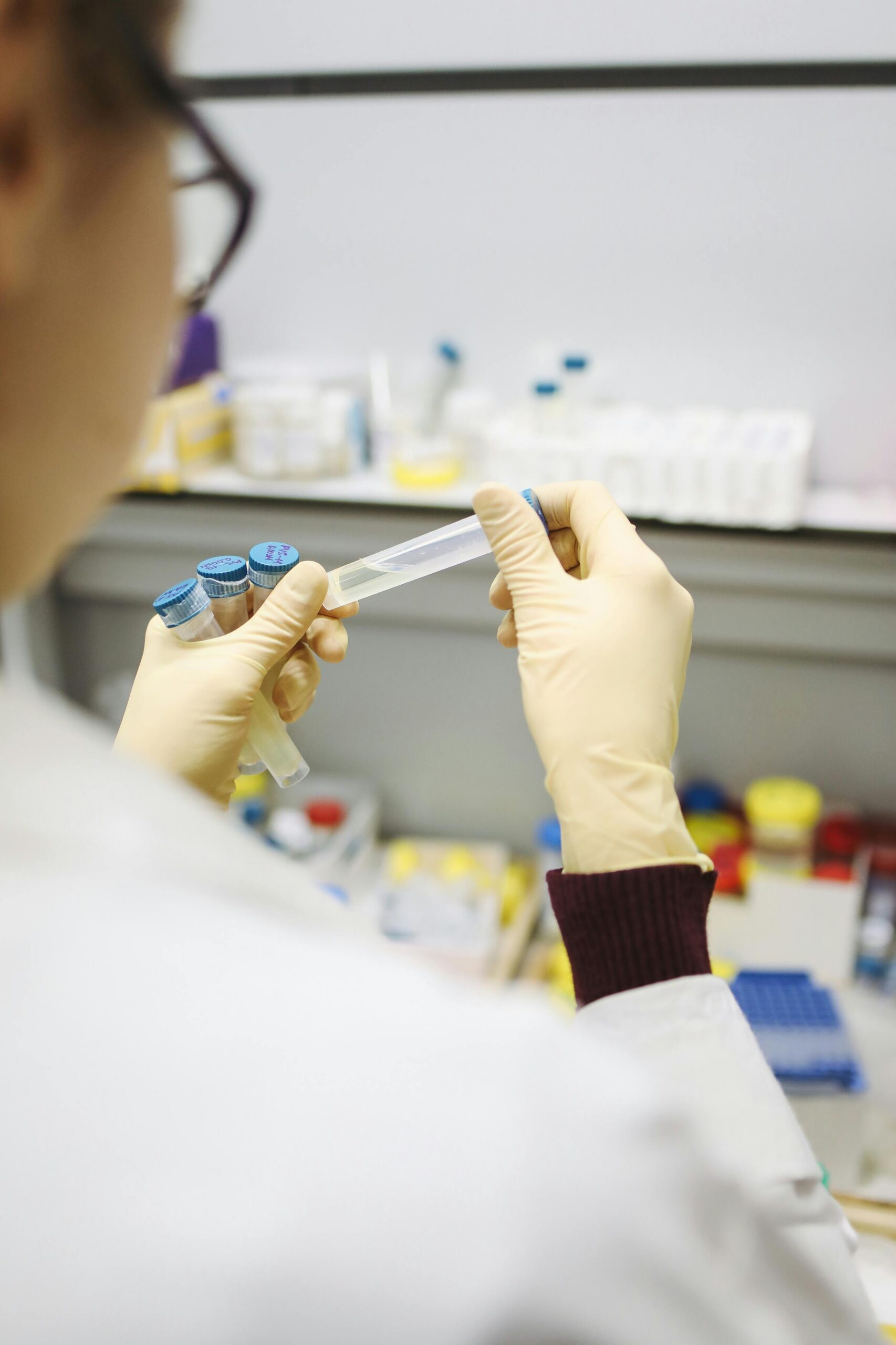How to Properly Evaluate Your Creatin Levels in 2025: Essential Guide to Optimizing Health
In recent years, there has been a growing focus on the importance of maintaining optimal creatin levels for overall health and fitness. Creatin, a natural substance found in meat and fish, plays a vital role in energy production and muscle function. This article will delve into the various methods for evaluating your creatin levels, the significance of doing so, and how to act upon that information to enhance your health effectively. Understanding your creatin levels can lead to improved athletic performance, better weight management, and overall health optimization.
By properly assessing your creatin levels, you can make informed decisions regarding your diet, fitness regime, and potential supplementation. The subsequent sections will provide a detailed overview of creatin testing methods, the implications of your levels, and expert recommendations on how to adjust your lifestyle accordingly. This comprehensive guide aims to empower you with the knowledge necessary to take control of your health in 2025 and beyond.
Key takeaways include insights into the significance of testing your creatin levels, the different types of tests available, and actionable steps you can incorporate into your daily routine for optimal health.

Essential Methods to Evaluate Your Creatin Levels
Building on the understanding of why assessing creatin levels is crucial, let’s explore the essential methods for evaluating these levels. There are various techniques available, each with its unique advantages, making it easier to choose the most appropriate option based on personal needs.
1. Blood Tests for Creatin Levels
Blood tests are a common method for evaluating creatin levels. During the test, a healthcare provider draws blood, which is then sent to a lab for analysis. The resulting creatin levels can provide insights into kidney function, muscle mass, and overall health. Regular blood tests can help track changes in creatin levels, making it easier to adjust diets or supplementations accordingly.
It’s recommended to consult with a healthcare professional who can interpret the results accurately and offer personalized advice. An important consideration is the timing of the tests. Ideal situations involve performing these tests in a fasted state for more accurate readings.
2. Urine Tests for Long-Term Creatin Assessment
While blood tests offer a snapshot of your creatin levels at a specific moment, urine tests provide a longer-term view. A 24-hour urine collection test measures creatin excretion over a full day, giving a more comprehensive understanding of your body’s metabolism and kidney health.
By understanding the correlation between urine creatin levels and dietary intake, individuals can better tailor their nutrition. However, maintaining consistency in diet and hydration during the collection period is crucial to obtaining reliable results.
3. Saliva Tests: A New Approach
Emerging methods such as saliva testing offer a non-invasive alternative for evaluating creatin levels. Although this method remains in its early stages, it presents a promising opportunity for at-home evaluations in the future. This method’s convenience may appeal to individuals who prefer not to undergo blood or urine tests.
Research into the efficacy of saliva tests continues, but it’s important to stay informed about developments in this area, as they can provide more accessible testing options.
Understanding the Impacts of Creatin Levels on Health
With various testing methods outlined, it’s crucial to understand how creatin levels affect overall health. The implications of creatin levels can vary significantly based on individual health status, diet, and lifestyle choices.
The Role of Creatin in Muscle Development
Creatin plays a vital role in muscle development and athletic performance. Higher creatin levels are often associated with improved strength, power, and recovery times, which are crucial for athletes and fitness enthusiasts alike. By monitoring creatin levels, individuals can optimize their intake to support their training regimens.
Incorporating creatin-rich foods into a diet, like red meat and fish, or considering supplements can be beneficial for those looking to enhance their muscle performance.
Indicators of Potential Health Issues
Low creatin levels can signal potential health issues such as muscle wasting or kidney dysfunction. Keeping an eye on creatin levels allows for early interventions and lifestyle adjustments to promote better health outcomes. Should creatin levels fall outside the normal range, it is advisable to consult healthcare professionals for further evaluation and guidance.
Routine monitoring of creatin can become a part of comprehensive health assessments, offering insights into underlying health status.
Creatin Levels in Relation to Energy Production
Creatin significantly contributes to the body’s energy production, particularly during high-intensity workouts. Understanding your levels is essential for optimizing performance and recovery rates. If creatin levels are low, you may experience fatigue and reduced exercise capacity. Individuals engaging in strenuous physical activities should routinely assess their creatin levels to ensure they are adequately supported.

Strategies for Optimizing Your Creatin Levels
Taking the concept further, understanding how to optimize creatin levels is vital for health. Implementing effective strategies can aid in maintaining appropriate levels and enhancing overall well-being.
1. Dietary Adjustments
Incorporating creatin-rich foods into your diet is a straightforward method to optimize levels. Foods such as red meat, fish, and poultry are excellent sources. For those following vegetarian or vegan diets, creatin supplements may be necessary to achieve sufficient levels.
A balanced diet rich in protein helps not only with creatin levels but also boosts overall health. Monitoring your dietary intake and consulting with a nutritionist can guide effective changes.
2. Supplementation Options
For individuals struggling to meet their creatin needs through diet alone, supplementation is a viable option. Creatin monohydrate is the most researched and commonly used supplement, known for its effectiveness. Always consult with a healthcare provider before starting any supplementation regime.
Moreover, following manufacturer guidelines and adjusting intake based on personal health goals is essential for success. Understanding how your body responds to supplementation will also provide insights into optimizing your regimen.
3. Regular Physical Activity
Regular exercise significantly impacts creatin levels. Incorporating both aerobic and anaerobic activities can promote natural creatin production in the body. Tailoring your training program to include high-intensity workouts can yield better results.
Furthermore, ensuring proper hydration before, during, and after exercise sessions contributes to optimal performance and recovery.
Key Considerations for Creatin Monitoring
After establishing effective strategies for optimally evaluating and managing creatin levels, it’s essential to recognize critical considerations involved in the monitoring process.
1. Timing of Evaluations
Understanding when to evaluate creatin levels can significantly influence results. Scheduling tests during consistent dietary patterns or exercise routines can generate more accurate readings. Keeping a log of these activities may also assist in tracking trends in creatin levels.
2. Consulting Healthcare Professionals
Working with healthcare professionals is vital for interpreting creatin tests correctly. Regular check-ins will provide an opportunity to discuss levels and address any concerns about your overall health. They can also provide personalized recommendations based on your testing results.
Engaging with a healthcare team ensures you are on the right track toward optimal health management.
3. Following Testing Guidelines
Adhering to specific testing guidelines can help ensure reliable results. Whether it’s fasting before blood tests or correctly conducting a 24-hour urine collection, understanding the requirements is critical for effective monitoring.
A well-informed approach to testing leads to better interpretations and allows for appropriate adjustments to diets or supplements.
FAQs About Evaluating Creatin Levels
What are normal creatin levels?
Normal creatin levels can vary based on age, sex, and diet, but general ranges are typically between 0.6 to 1.2 mg/dL for blood tests. It’s essential to consult healthcare professionals for individual assessments and recommendations.
How often should I test my creatin levels?
The frequency of testing can depend on your health goals and circumstances. For those engaged in high-intensity training or monitoring kidney function, biannual to annual testing may be adequate. Always follow your healthcare provider’s recommendations.
What are the risks of abnormal creatin levels?
Abnormally high or low creatin levels can indicate various health issues, including kidney dysfunction or muscle wasting. Early detection can lead to timely interventions and necessary health adjustments.
Can diet affect my creatin levels?
Absolutely. Your diet plays a significant role in your creatin levels. A protein-rich diet, including creatin sources like red meat and fish, can raise levels, whereas strict vegetarian diets may lead to lower levels.
Should I consider supplements for improving creatin levels?
For individuals who are unable to meet their creatin needs through diet alone, supplementation can be beneficial. Consulting with a healthcare provider will help tailor the best approach for your needs.
